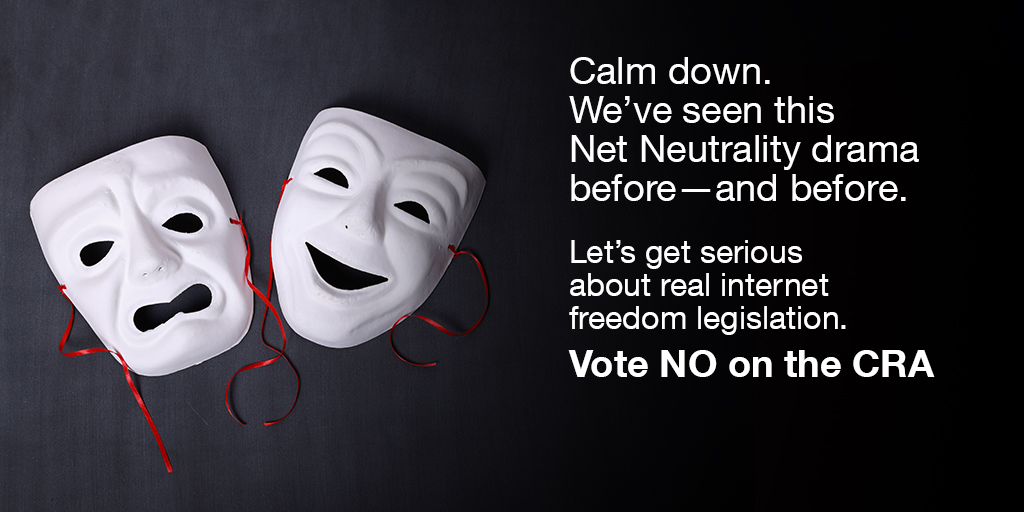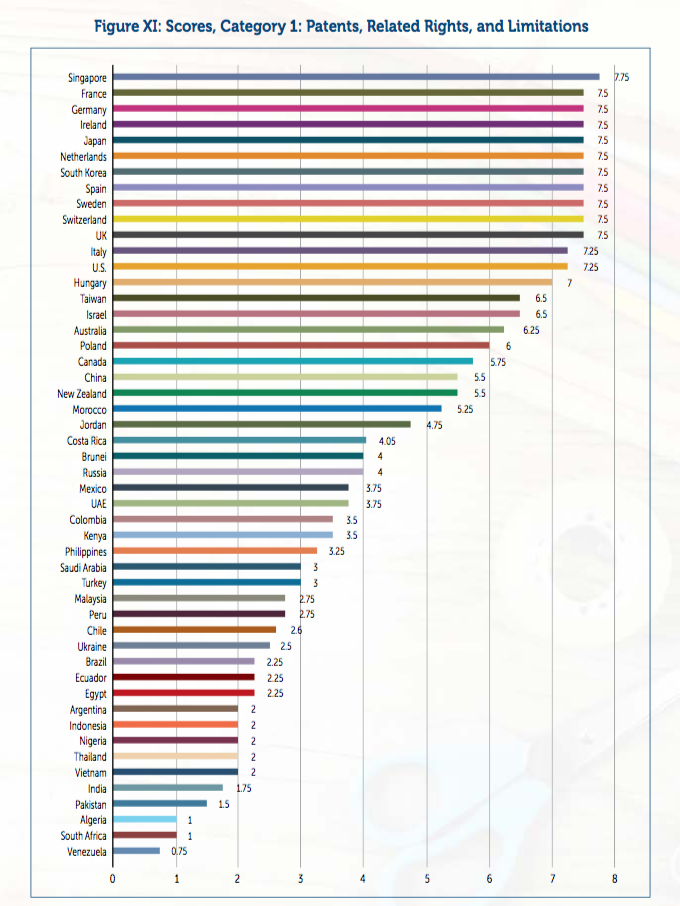In Fixing the Federal Government, Don’t Forget the U.S. Postal Service
Earlier this month, the United States Postal Service (USPS) released its latest financial report for the first quarter of the 2018 fiscal year, and its latest loss amounted to $540 million. Considering the USPS’s pronounced downward fiscal trends over many years, this issue maintains paramount importance in the effort to reform government and restore fiscal sustainability.
By way of background, the USPS continues to operate under the 2006 Postal Accountability and Enhancement Act (PAEA). Since that time and despite the PAEA’s mandates, however, the Postal Service’s leadership has not emphasized fiscal accountability by any measure whatsoever. Since the start of 2007, losses accumulated by the USPS now amount to $65.6 billion.
With such immense losses detailed by the USPS, it’s indefensible that federal regulators and lawmakers haven’t meaningfully demanded that it control its costs. Without any clear direction to reign its spending, the Postal Service’s expenses from all operations have grown precipitously from $66.3 billion in total costs in 2014 to $70.5 billion spent in 2017.
Fortunately, the arrival of the Trump Administration last year prompted a campaign of close review and positive restructuring of many facets of the federal government. In that continuing effort, the USPS, with such severe fiscal problems, offers an ideal entity to address in 2018.
Indeed, during the holiday season President Trump touched on one key postal management issue that deserves particular focus this year – the USPS’s arrangement to undercharge Amazon for completing a large segment of its deliveries. While the Amazon deal certainly translates to higher package volumes, USPS has a responsibility to the taxpaying public to ensure that it’s making enough to cover its rising costs.
As the costs of providing traditional letter mail service remain relatively flat, the USPS’s rising outlays have been driven through the pursuit of a variety of experimental products areas. That includes attempts to enter specialized markets like weekend package deliveries, same-day deliveries, and also handling groceries. Therefore, returning the USPS to a stable fiscal state depends heavily on simplifying what the organization is doing and maintaining an emphasis on core competencies. Additionally, lawmakers and regulators can only help make these determinations if the USPS is forthright about the financial health of each individual line of service.
Accordingly, CFIF urges for a sensible approach where leaders in Congress and the Administration call for much greater transparency from the USPS. The agency’s past attempts to grow its footprint and duplicate services already available to consumers has not been a recipe for success. Identifying where the USPS remains profitable and where it loses money must ultimately become a more simple and straightforward process, and the time for reform is now.





 CFIF Freedom Line Blog RSS Feed
CFIF Freedom Line Blog RSS Feed CFIF on Twitter
CFIF on Twitter CFIF on YouTube
CFIF on YouTube